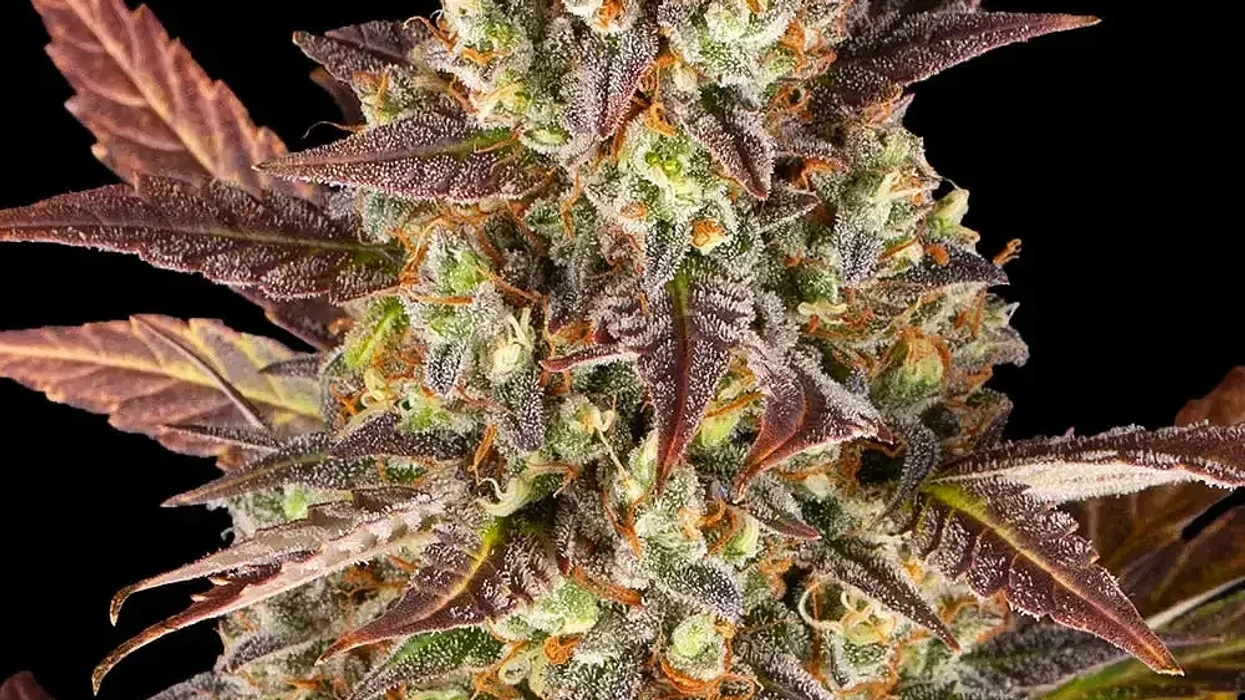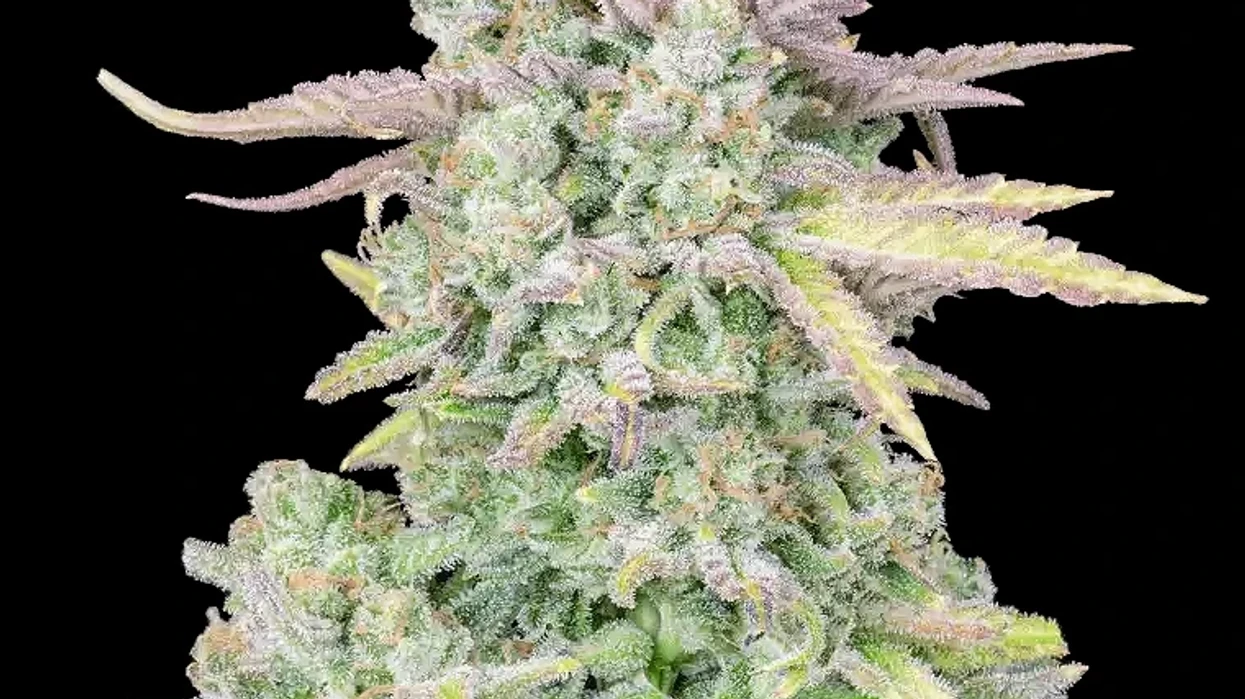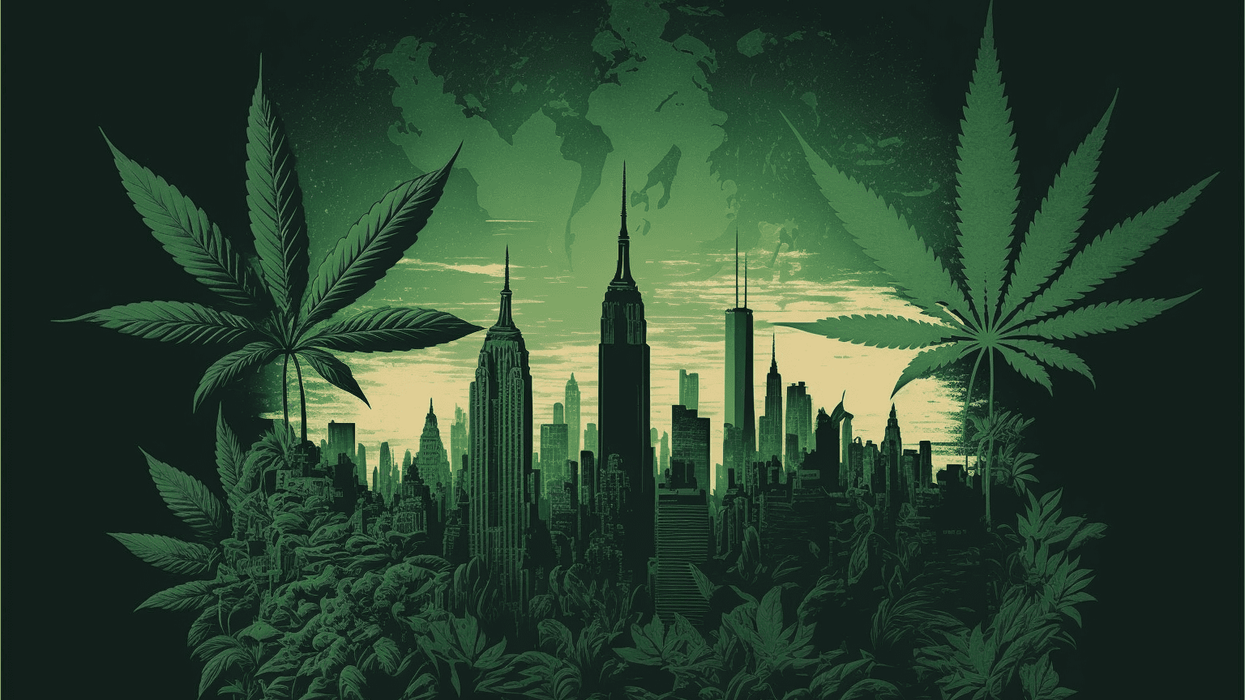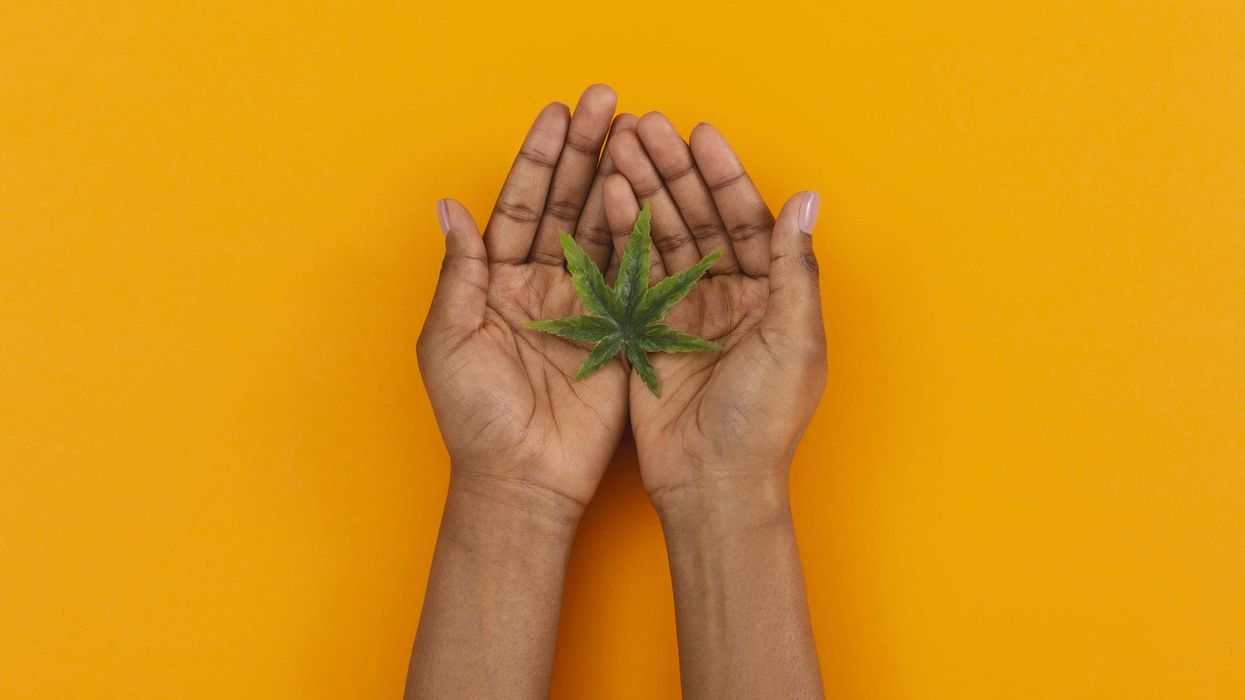The recent move by Mastercard to ban cannabis debit purchases has once again highlighted the unjust discrimination that the legal cannabis industry continues to face. While cannabis is now legal in more than half of the country, it continues to face discrimination, scrutiny and is subjected to excessive regulation and unequal treatment compared to industries like alcohol and tobacco, despite being exponentially less harmful and dangerous.
This move by MasterCard is just the latest and most public display of the disparities between the cannabis industry and its more harmful counterparts, shedding light on the unfair treatment endured by cannabis businesses and consumers alike.
Challenging the Status Quo: Advocacy and Alternative Solutions
The cannabis industry's vulnerability to such unfair treatment emphasizes the urgent need for federal cannabis reform. While many states have legalized cannabis for medicinal or recreational use, federal law still classifies marijuana as a Schedule I controlled substance.
This is arguably one of the biggest barriers to making money in cannabis because they’re still treated like illegal narcotics traffickers under federal law.
The goods also cannot cross state lines, and that lack of interstate commerce means cannabis companies must build separate farms, factories and stores in each state where they do business and navigate a rapidly evolving patchwork of state regulations. Finally, raising capital is extremely expensive due to a dearth of financing options, an issue both Republicans and Democrats in Congress recognize but have yet to address.
Consequently, legitimate cannabis businesses face an inordinate amount of hurdles in securing financial services and achieving parity with other regulated and non-regulated industries.
Darren Weiss, the president of Verano, a multistate marijuana operator, said on social media that it “never ceases to amaze me that an industry that employs hundreds of thousands of people, provides billions in economic benefits, and promotes safer alternatives to pharmaceuticals and commonplace vices continues to be treated like a pariah.”
Mastercard's decision serves as a major wake-up call for lawmakers to address the financial needs of the rapidly growing cannabis sector. The absence of federal recognition for legal cannabis perpetuates unjest discrimination, hindering the industry's growth potential and stifling economic opportunities. The cannabis industry needs partners for banking, tax relief, and secure payment options, and the lack of federal support remains a significant barrier.
The cannabis community's calls for federal reform have only grown stronger in the face of this recent discrimination by Mastercard. One notable legislative proposal that could significantly impact the industry is the SAFE Banking Act.
This act aims to enable banks to serve cannabis companies without the fear of federal intervention, thereby harmonizing state and federal laws and providing much-needed guidance to financial institutions.
Mastercard's ban on cannabis debit purchases is a clear illustration of the ongoing discrimination endured by the legal cannabis industry. While cannabis is legal in more than half of the country, it is still treated as an outcast compared to other legal regulated sectors such as alcohol, tobacco, firearms, and prescription drugs. The unequal treatment in the financial sector is one of the most egregious and hinders the industry's growth, poses financial risks for legitimate businesses, and perpetuates an environment ripe for illicit operators.
To ensure fairness and equity for the cannabis industry, the passage of the SAFE Banking Act would be a crucial step in leveling the playing field, allowing cannabis businesses to access the same financial services available to other industries.
It is time for policymakers to recognize the potential of the cannabis industry, offer the support it deserves, and put an end to the unjust discrimination that continues to plague this legitimate sector.
Paul Armentano, the deputy director of NORML, an organization that works to change public opinion in favor of legalization, said in a statement on Friday that no industry can operate safely, transparently or effectively without access to banks.
“Ultimately, Congress must amend federal policy,” he said, “so that these growing numbers of state-compliant businesses and those millions of Americans who patronize them, are no longer subject to policies that undermine their ability to conduct transactions safely and effectively.”
Over-Regulation vs. Lax Treatment
The cannabis industry has been bogged down by burdensome regulations at both the state and federal levels, making it extremely challenging for legitimate cannabis businesses to access essential financial services, investments or tax benefits that all other traditional businesses have access to. Banking, tax relief, and secure payment options have become elusive for cannabis companies, pushing them into cash-intensive operations and exposing them to greater risks.
It is unconscionable to continue treating legal, compliant cannabis businesses and owners as if they’re still a criminal enterprise when they’re abiding by all the regulations and laws in the states they operate in.
In stark contrast, the alcohol and tobacco industries, known for their severe health consequences and addictive properties, face far fewer restrictions and obstacles in how they do business, market themselves or how and where their products are consumed by the end consumer.
Alcohol, a significant contributor to various health issues and social problems, enjoys widespread acceptance and easy accessibility.
The tobacco industry, responsible for millions of deaths annually due to smoking-related illnesses, continues to operate with relatively minimal oversight.
Health Implications: Cannabis vs. Alcohol and Tobacco
Numerous studies have shown that cannabis is significantly less harmful and less addictive than alcohol and tobacco. While excessive alcohol consumption can lead to liver disease, cardiovascular issues, and addiction, cannabis has a much lower risk profile.
Tobacco, on the other hand, is a leading cause of preventable deaths worldwide, responsible for diseases like lung cancer, heart disease, and respiratory illnesses.
Yet, despite the stark differences in health implications, alcohol and tobacco products are freely available and heavily marketed to a myriad of different demographics on popular television shows, on billboards, in glossy magazines and websites, at pro sports events, and more while cannabis remains stigmatized and subject to harsh scrutiny or outright bans on marketing on these platforms.
Social Impact: Cannabis vs. Alcohol and Tobacco
Alcohol and tobacco are both linked to numerous societal issues, including domestic violence, drunk driving accidents, and secondhand smoke exposure. Communities have borne the brunt of these problems, leading to a significant strain on healthcare systems and public resources.
Let’s not overlook the Opioid epidemic either, which is also relevant in this conversation, because cannabis doesn’t kill people, but opioids, alcohol and tobacco most certainly do and in numbers that should cause serious concern.
In contrast to alcohol, tobacco and opioids, research on the social impact of cannabis shows that it has relatively fewer negative consequences. In states where cannabis is legal, studies have indicated a decrease in opioid-related deaths and a reduction in violent crime rates as well as increase in home values.
Economic Potential: Cannabis vs. Alcohol and Tobacco
Despite facing seemingly insurmountable discrimination, the legal cannabis industry has shown tremendous fortitude, passion, advocacy and economic potential.
It has created thousands of jobs and generated significant tax revenue in states where it is legal. Legalizing cannabis at the federal level could lead to even more substantial economic benefits, but politicians and lobbyists continue to spread misinformation and treat this industry as something to fear.
In comparison, the alcohol and tobacco industries (and the pharmaceutical industry) have long been established, with significant financial influence.
Yet, the potential for job creation and tax revenue from the cannabis industry is often ignored, as it continues to be portrayed as a threat to be dealt with rather than an opportunity.
With this latest move by Mastercard and the foot-dragging in Washington, D.C., the continued discrimination faced by the legal cannabis industry is glaring when contrasted with the industries with far greater health risks and societal consequences.
Despite its relatively benign nature, cannabis remains subjected to excessive over regulation and unequal treatment by the financial sector.
The time has come for industry leaders, financial innovators and policymakers to recognize the significant contrasts between these industries and to pursue comprehensive federal cannabis reform.
By acknowledging the economic potential and social benefits of the cannabis industry, we can foster an environment of fairness and equity.
It is beyond high time to level the playing field and end the unjust discrimination against cannabis, allowing it to thrive as a legitimate industry, continue to create jobs, and contribute to the economy while promoting responsible use and reducing harm. Only through such progressive measures can we truly embrace the potential of cannabis and promote a just and balanced approach to industry regulation while also creating a thriving and inclusive cannabis industry that benefits both businesses and consumers alike.







 Justin Timberlake Eye Roll Gif By Agent M Loves Gif - Find & Share on GIPHYAgent M Loves Gifs
Justin Timberlake Eye Roll Gif By Agent M Loves Gif - Find & Share on GIPHYAgent M Loves Gifs








